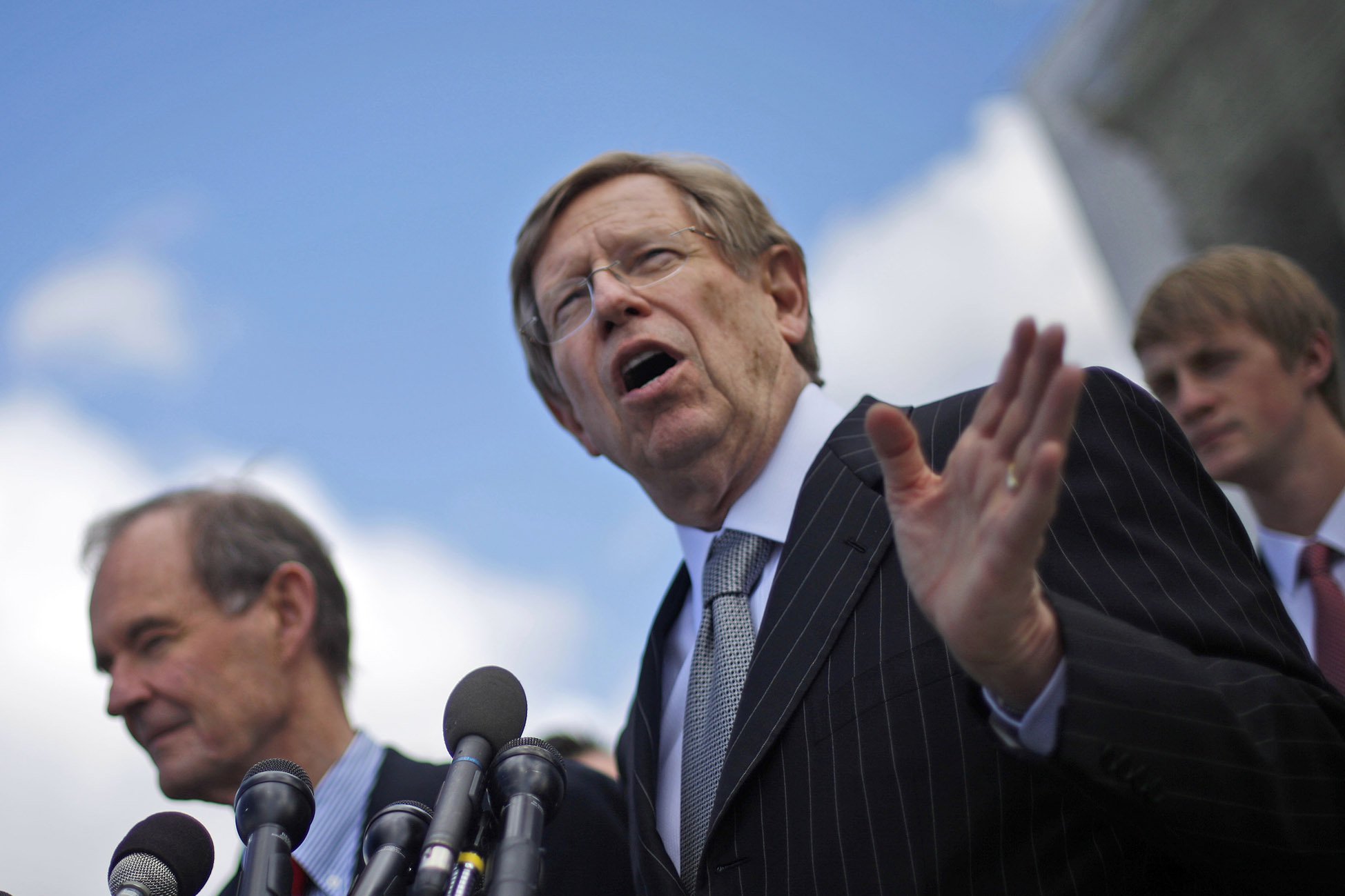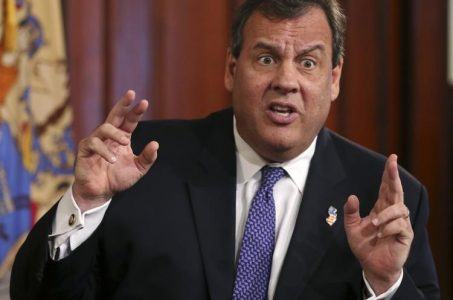New Jersey Sports Betting Push Costs State $7.2 Million in Legal Fees
Posted on: April 6, 2018, 12:00h.
Last updated on: April 6, 2018, 12:50h.
New Jersey’s effort to allow sports betting at its Atlantic City casinos and state horse racetracks has cost roughly $7.2 million in legal fees since 2012.

State lawmakers and attorneys are challenging the constitutionality of the federal Professional and Amateur Sports Protection Act of 1992 (PASPA). They argue that the law violates anti-commandeering interpretations of the Tenth Amendment that declare the federal government cannot force certain states to oblige to regulations that others are immune to.
Records obtained by the Observer, a media outlet that covers New York and New Jersey, the state has been billed $7.2 million by two law firms for work related to the case.
The state’s Division of Gaming Enforcement and Racing Commission are reportedly footing the bills. Those agencies are funded by taxes and fees paid by Atlantic City’s casinos.
The $7.2 million total is for costs between October 2012 and August 2017. That means the grand total New Jersey has spent on sports betting will only increase when it receives its invoices for work stemming from its December 4 hearing before the US Supreme Court.
SCOTUS Options
The Supreme Court can reach several decisions in New Jersey’s appeal against the NCAA and Big Four (NFL, MLB, NBA, NHL).
SCOTUS can simply uphold the Professional and Amateur Sports Protection Act and tell New Jersey it has no right to dictate its own sports betting laws. The court could also opine that PASPA can remain, but states do have the right to repeal its regulations. This option is presumed to be the likeliest reached opinion.
The justices could also say PASPA is a flawed law and fully repeal the statute. This would be the most consequential in future legal cases regarding state sovereignty.
“This is less about sports betting and much more about the tension between federal sovereignty and state sovereignty,” gaming attorney Daniel Wallach said in December.
Though the professional leagues joined the NCAA in suing New Jersey after it passed sports gambling laws following an approved voter referendum, three of the four have since eased their opposition.
Only the NFL remains fully opposed to sports betting, but even the leaders there recognize the odds aren’t in their favor regarding SCOTUS and PASPA. The NFL recently hosted an informative session on gambling before team owners.
Sports Betting Future
SCOTUS could release its PASPA opinion any day. With many of the belief that the justices will rule on New Jersey’s side and allow the state to repeal federal sports betting prohibitions, numerous states across the country are considering similar legislation to authorize sports betting.
Along with New Jersey, sports gambling laws have been passed in Pennsylvania, Connecticut, Mississippi, and West Virginia. Sportsbooks are, of course, already legalized in Nevada, one of four states granted immunity from PASPA.
States with introduced sports betting laws include Illinois, Michigan, New York, Rhode Island, Maryland, South Carolina, Louisiana, Oklahoma, Kansas, Missouri, Idaho, and California.
Though it’s illegal to bet on political events in the US, prediction market PredictIt utilizes an education-based loophole to offer shares of outcomes. Its current market asking whether SCOTUS will rule against PASPA is selling “Yes” shares at 73 cents on Friday.
Related News Articles
French Protest Over Proposed Changes to Horse Racing Betting
Sports Betting Ban PASPA Finally Gets Its Day in Supreme Court
Most Popular
FTC: Casino Resort Fees Must Be Included in Upfront Hotel Rates
Genovese Capo Sentenced for Illegal Gambling on Long Island
NBA Referees Expose Sports Betting Abuse Following Steve Kerr Meltdown
UPDATE: Former Resorts World & MGM Grand Prez Loses Gaming License
Most Commented
-
UPDATE: Whiskey Pete’s Casino Near Las Vegas Closes
— December 20, 2024 — 30 Comments -
Caesars Virginia in Danville Now Accepting Hotel Room Reservations
— November 27, 2024 — 9 Comments -
UPDATE: Former Resorts World & MGM Grand Prez Loses Gaming License
— December 19, 2024 — 8 Comments -
FTC: Casino Resort Fees Must Be Included in Upfront Hotel Rates
— December 17, 2024 — 7 Comments















No comments yet